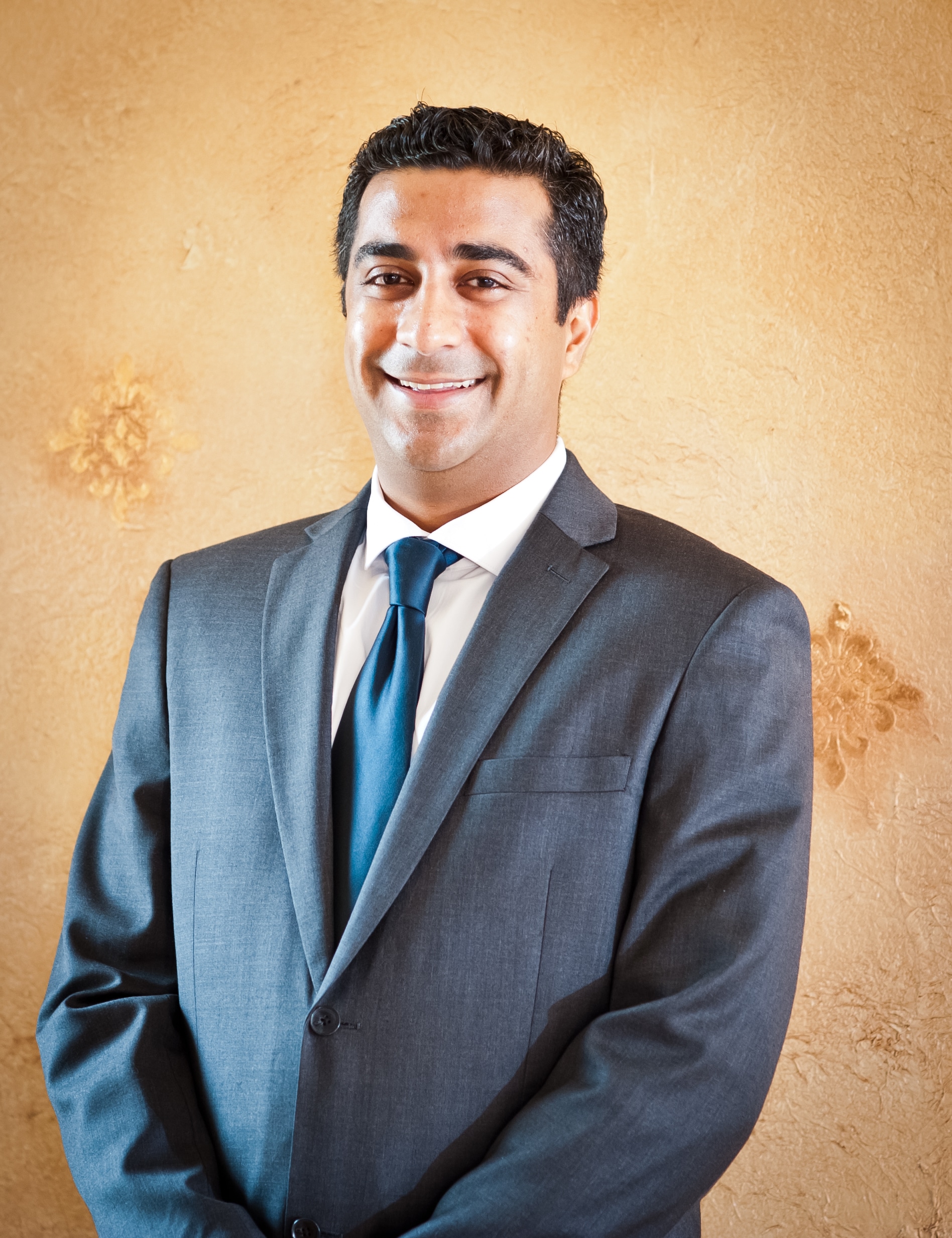 Not all lawyers are created equal, varying in experience, work ethic, and professionalism. Seeking justice through legal action can be a very stressful time. Adding to this stress, there are situations where legal representation does not follow through with promised obligations. In some cases, this may rise to the level of malpractice, and can be an actionable lawsuit.
Not all lawyers are created equal, varying in experience, work ethic, and professionalism. Seeking justice through legal action can be a very stressful time. Adding to this stress, there are situations where legal representation does not follow through with promised obligations. In some cases, this may rise to the level of malpractice, and can be an actionable lawsuit.
Legal Malpractice Lawsuits Florida
Legal malpractice occurs when a lawyer is negligent, breaches fiduciary duty or contract which results in harm or damage to the client. Negligence is the failure to behave with the level of care that someone of ordinary discretion would have exercised under the same circumstances. If an attorney fails to perform at this standard, there may be negligence, and liability for legal malpractice.
Lawyers are to act in the best interest of the client. They are obligated to avoid conflict of interest between themselves and their clients. If these practices are not upheld, the lawyer may be breaching their fiduciary duty. If the lawyer puts his or her own interests, or the interests of a third party before that of the client, there may be a legal malpractice case. Breach of contract is the violation of a contractual agreement. Contacts are breached when one denies a promise, fails to perform a promise, or interferes with another party’s performance.
Proving Legal Malpractice
To win a legal malpractice case, the client must prove four points:
- The attorney owed the client a duty to act properly.
- The attorney breached that duty by acting negligently, not following through with the agreement, or making errors or mistakes that do not meet the standard actions of what a normal, competent lawyer would take.
- An attorney’s behavior caused the client damage. This includes demonstrating that the outcome of the case would have been different (for example, the case would have been won) had the attorney acted appropriately.
- The client suffered a financial loss as a result of the behavior.
When to Change Lawyers
If comfort and confidence is lacking in the lawyer/client relationship, choosing to change lawyers is almost as simple as switching primary care physicians. Before switching lawyers, ensure the expectations of the client and the lawyer are clear. It would be unfortunate to change lawyers unnecessarily, simply because the lawyer was unaware the client was expecting an update every 2 weeks, even if there were no change in their case.
Lack of Communication
A lawyer not communicating is one of the most frequent complaints from clients and a lack of communication is not necessarily an indication of the time and work the lawyer is spending on a specific case. However, this may often be a sign of other issues, such as poor organizational skills, resources stretched too thin to dedicate adequate time to the case, or lack of empathy – understanding that anyone would want to be updated regularly on the status of their case.
Be Proactive
First, a client cannot be afraid to contact the lawyer or the legal office. Sitting back and passively waiting on a response will not help anyone, especially if the client is anticipating an update. Sending the lawyer an email or letter, letting them know you have been trying to speak with them is likely the next best step, as this creates a paper trail with a timeline. The longer a lawyer is unresponsive, the stronger a malpractice case may be.
How to Change Lawyers in Orlando
Switching lawyers is not a difficult or complex process as one might think. The attorney-client contract is typically referred to as the “retainer agreement”. This does not prevent a client from replacing the original attorney with another one. The new attorney will contact the original attorney, provide the reasons the client wants to change legal counsel, and request all case documents be forwarded. The client will almost never need to contact the prior lawyer to explain the change, the new lawyer will take care of this process.
In many situations the client will know there are dissatisfied before the case’s final verdict is read. Often, it is easier to seek a new lawyer than pursue a malpractice lawsuit, however the attorney will be entitled to payment for rendered services.
Sources:
Johnson, Vincent R. “The Unlawful Conduct Defense in Legal Malpractice.” UMKC Law Review 77.1 (2008): 43-83. Index to Legal Periodicals & Books Full Text (H.W. Wilson). Web. 16 Oct. 2014.
Pinnington, Dan. “The Most Common Legal Malpractice Claims by Type of Alleged Error.” Law Practice 1 July 2010. Web. 16 Oct. 2014. <http://www.americanbar.org/publications/law_practice_home/law_practice_archive/lpm_magazine_webonly_webonly07101.html>
“Practitioners learn the ins and outs of legal malpractice.” Florida Bar News 15 Dec. 2013: 15. Academic OneFile. Web. 16 Oct. 2014.
